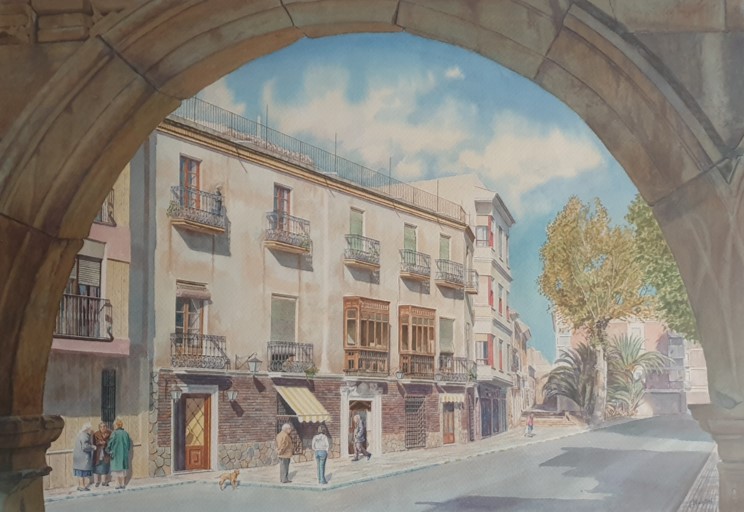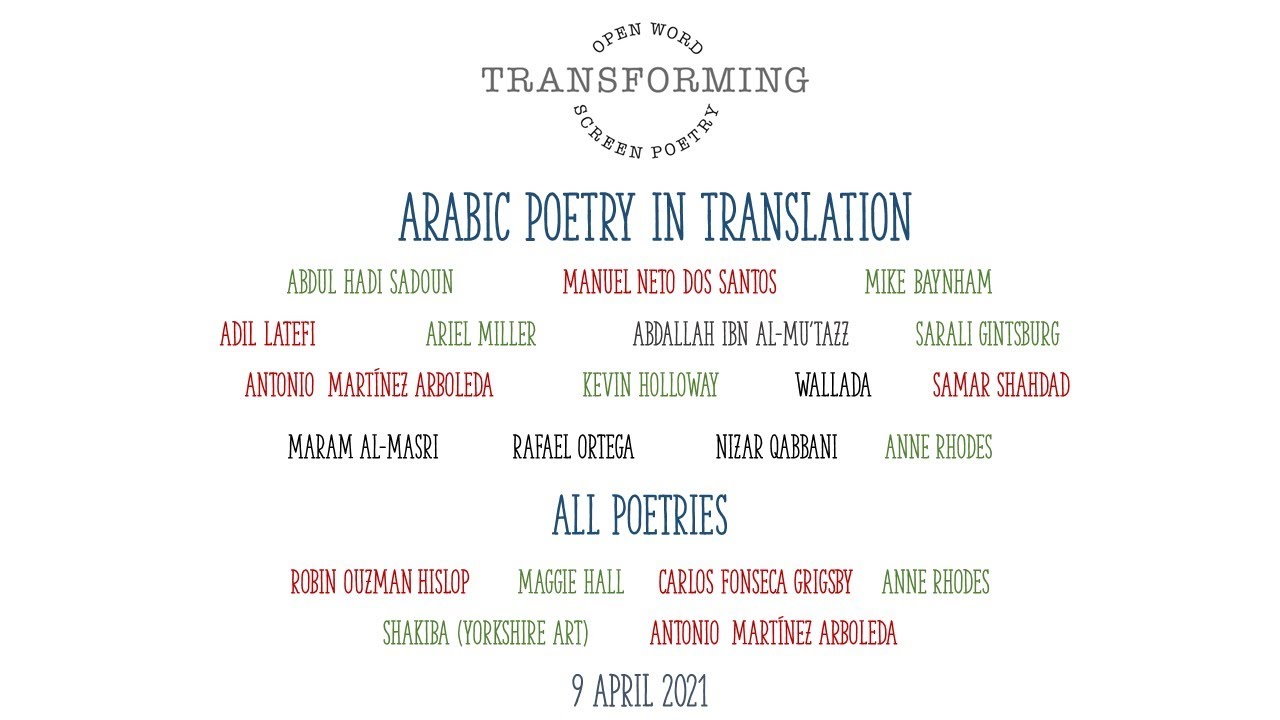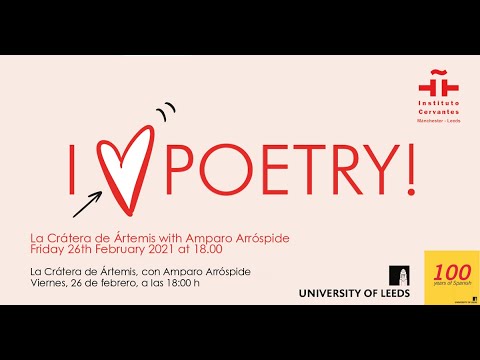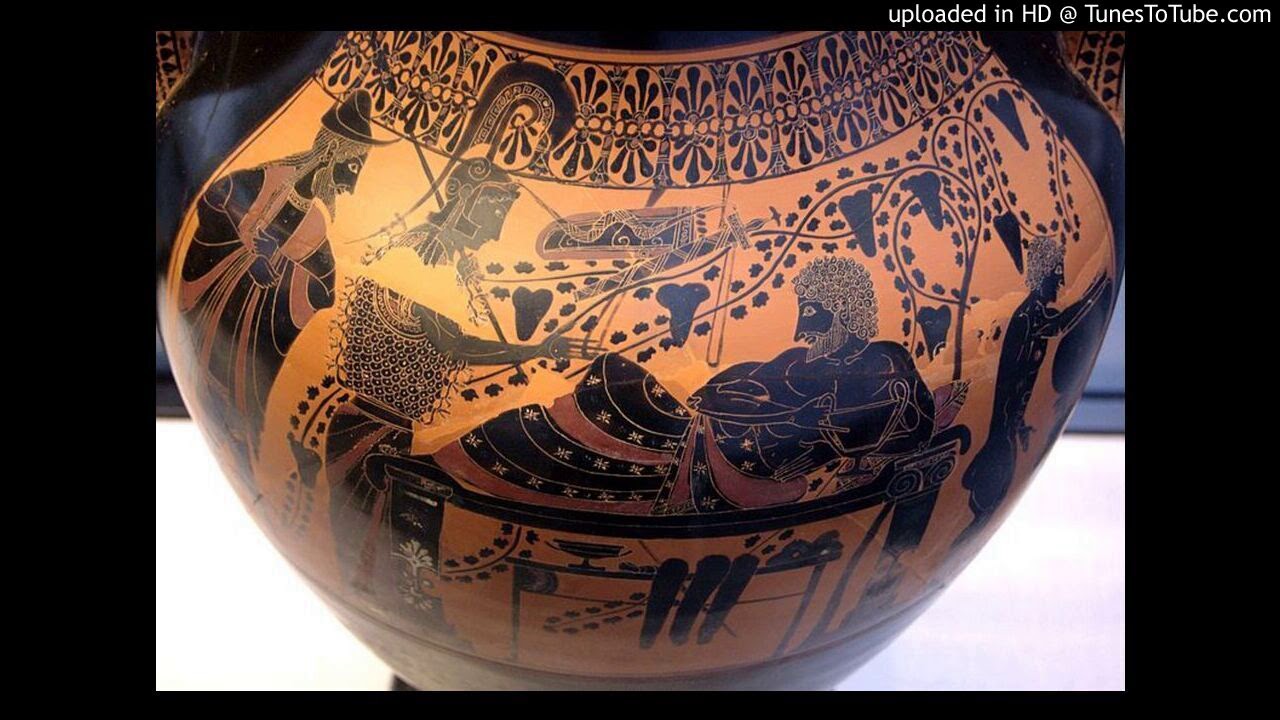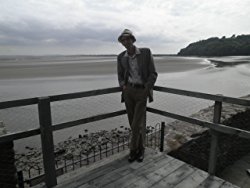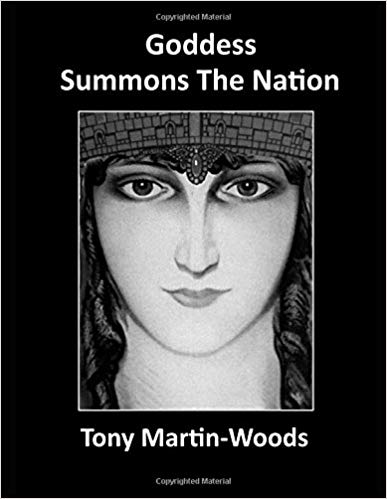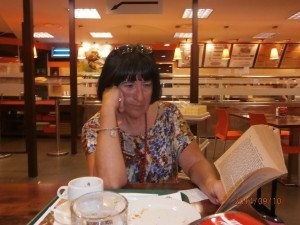Image: Calle Santo Domingo, Lorca (Spain), showing the house where Antonio was born and his mother, Lucia, in the balcony of their flat.
Life
To my father, Antonio Martínez Manzanera, who passed away on 28 March 2021
You leave behind a trail of victims.
How many voices,
unique children
delivered to your light,
did you end up strangling
with your own hands, Life?
You kept up the appearances
deceiving those humans
who believed themselves
boundless,
who felt accepted by the matter
of an uncanny universe
that turns out to be
just a sad arrangement
of rough stones and gases,
a universe that enslaves you,
Life,
as its precarious
exotic whim,
forcing you to leapfrog
through chosen planets,
and drag yourself
in travelling theatres
for your vanity,
and your honour,
Life.
My thinking carbon molecules,
the impression of my spirit,
are not members
of any ruthless club
of inert particles,
of empty energies,
of graceless big bangs
with no purpose,
with no story to tell.
Life,
if there exists a divine mystery,
sweet and tragic,
mother, parricide,
redeeming saviour,
defying the dark,
clumsy ways of physics
that must be you,
Life,
That must be you.
Vida
A mi padre, Antonio Martínez Manzanera, fallecido el 28 de marzo de 2021
Dejas a tu paso un reguero de víctimas.
¿Cuántas voces únicas,
hijas paridas en tu luz,
terminaste ahogando
con tus propias manos, Vida?
Tus apariencias engañaron
a más de uno,
que se creyó sin límites,
aceptado por un universo
que resulta estar hecho
de pedruscos y gases,
por un universo
del que no eres más
que lacaya en precario,
Vida,
capricho excéntrico
que de salto en salto se arrastró
por planetas elegidos,
teatros ambulantes
de tu vanidad,
y de tu honra,
Vida.
No es mi carbono pensante
ni el espíritu de mi impronta
miembro de ese club despiadado
de partículas inertes,
de vanas energías,
de big bangs
sin propósito, ni narrativa.
Vida,
si existe un misterio
y una divinidad,
dulce y trágica,
madre, parricida,
salvadora y redentora,
desafiando las artes oscuras
ramplonas
de las físicas
y las químicas
esa,
Vida,
eres tú.
Antonio Martínez Arboleda:
Antonio (Tony Martin-Woods) started to write poetry for the public in 2012, at the age of 43, driven by his political indignation. That same year he also set in motion Poesía Indignada, an online publication of political poetry. He runs the poetry evening Transforming with Poetry at Inkwell, in Leeds, and collaborates with 100 Thousands Poets for Change 100tpc.org/. Tony is also known in the UK for his work as an academic and educator under his real-life name, Antonio Martínez Arboleda at the University of Leeds. His project of digitisation of poetry, Ártemis, compiles more than 100 high quality videos of Spanish poets and other Open Educational Resources. http://www.artemispoesia.com/ .
He is the delegate in the UK of Crátera Revista de Crítica y Poesía Contemporánea , where he also publishes his work as translator from English into Spanish. He published his first volume of poetry in Spanish, Los viajes de Diosa (The Travels of Goddess), in 2015, as a response to the Great Recession, particularly in Spain. His second book, Goddess Summons the Nation Paperback , Goddess Summons the Nation Kindle Edition , is a critique of the ideas of nation and capitalism, mainly in the British Brexit context. It incorporates voices of culprits, victims and heroes with mordacity and rhythm. It consists of 21 poems, 18 of which are originally written in English, available in print and kindle in Amazon and other platforms. Editor’s note: further information bio & academic activities can be found at this link: https://ahc.leeds.ac.uk/languages/staff/91/antonio-martinez-arboleda
Robin Ouzman Hislop is Editor of Poetry Life and Times at Artvilla.com ; his publications include
All the Babble of the Souk , Cartoon Molecules, Next Arrivals and Moon Selected Audio Textual Poems, collected poems, as well as translation of Guadalupe Grande´s La llave de niebla, as Key of Mist and the recently published Tesserae , a translation of Carmen Crespo´s Teselas.
You may visit Aquillrelle.com/Author Robin Ouzman Hislop about author. See Robin performing his work Performance (University of Leeds)

